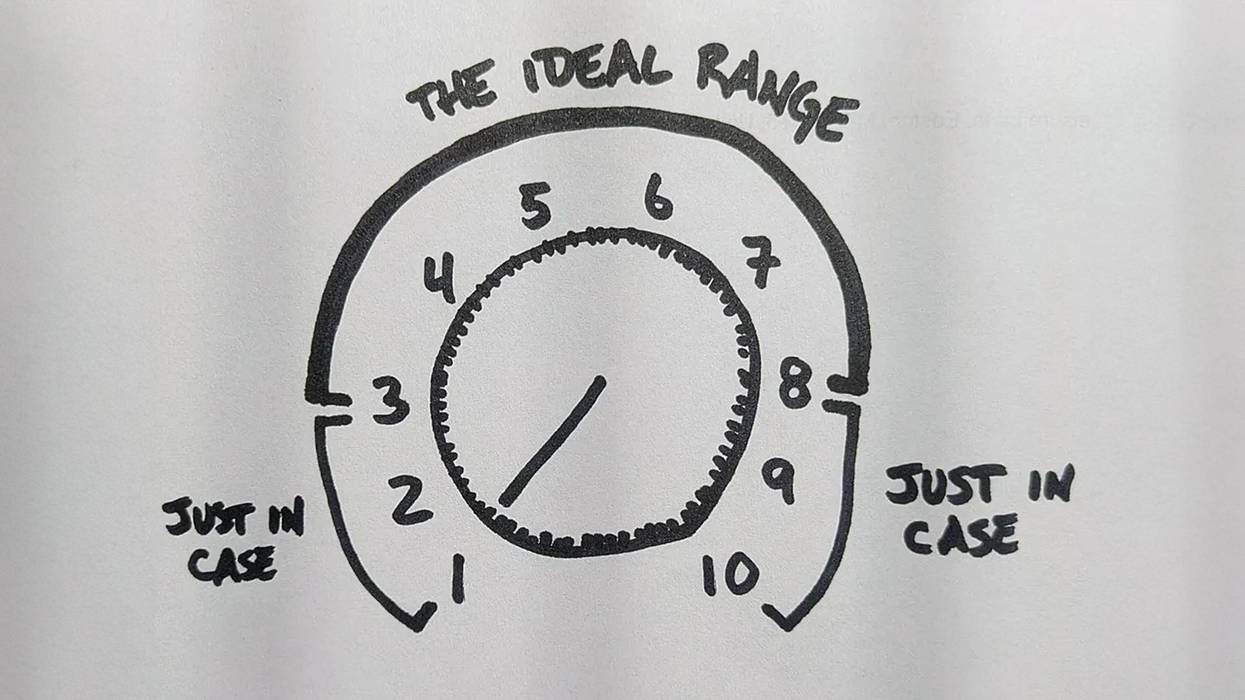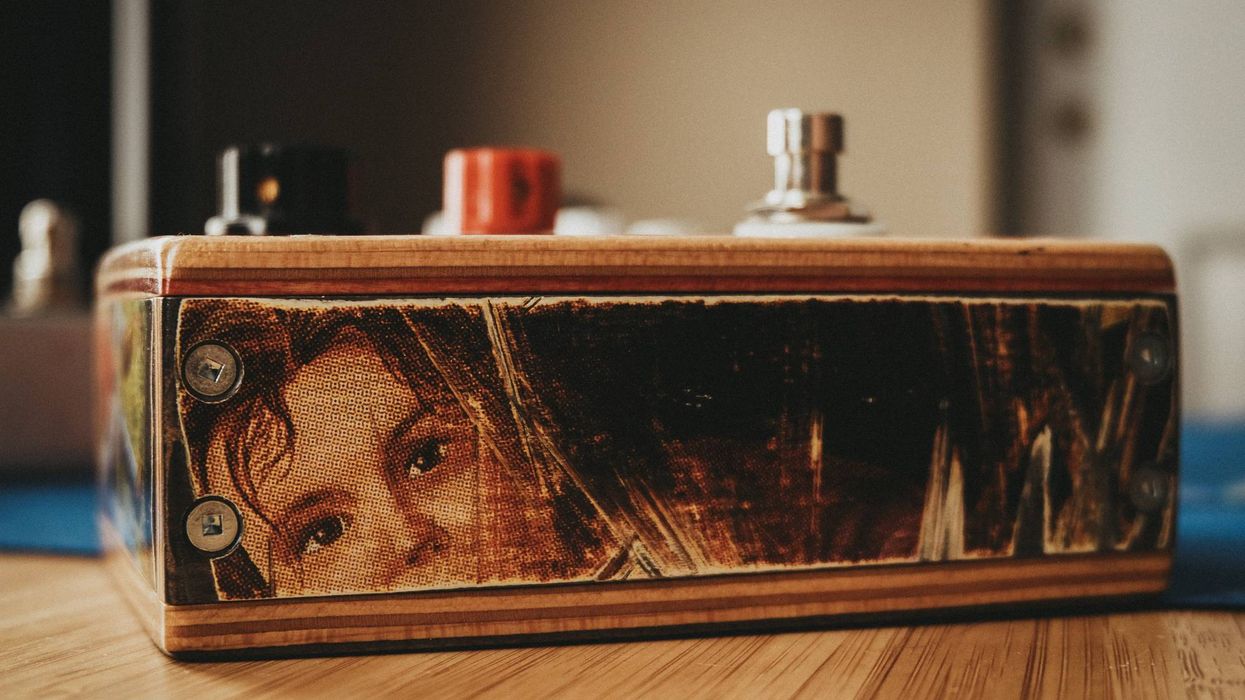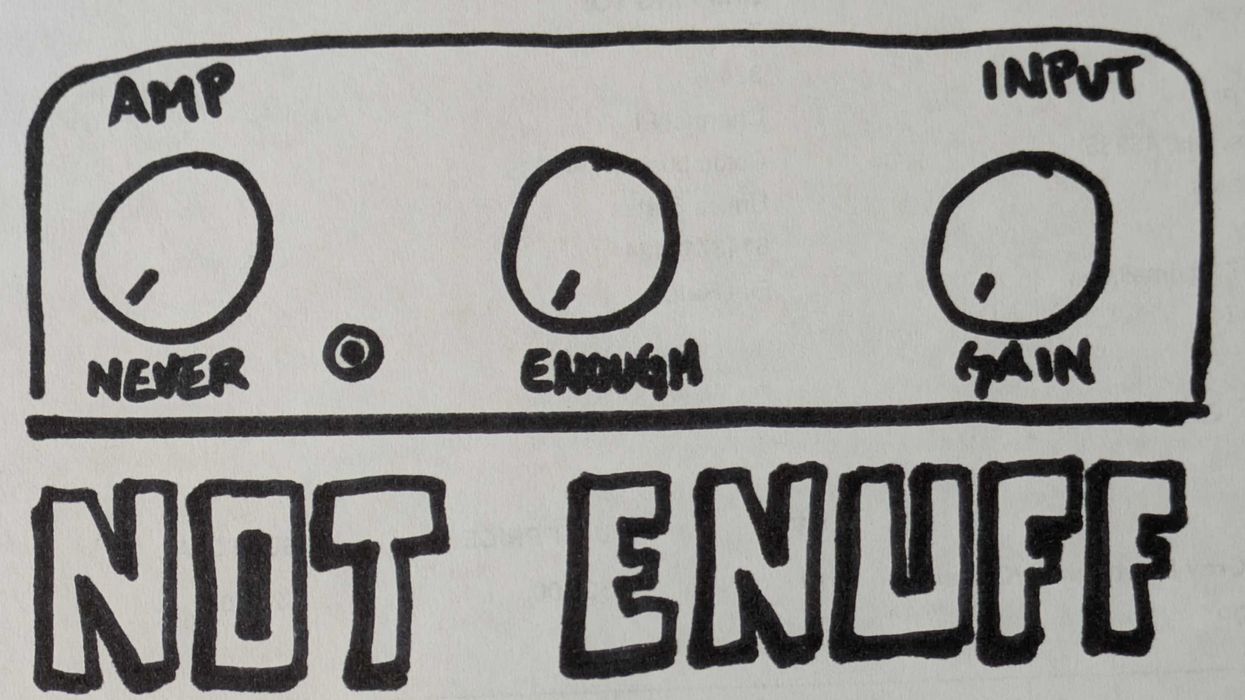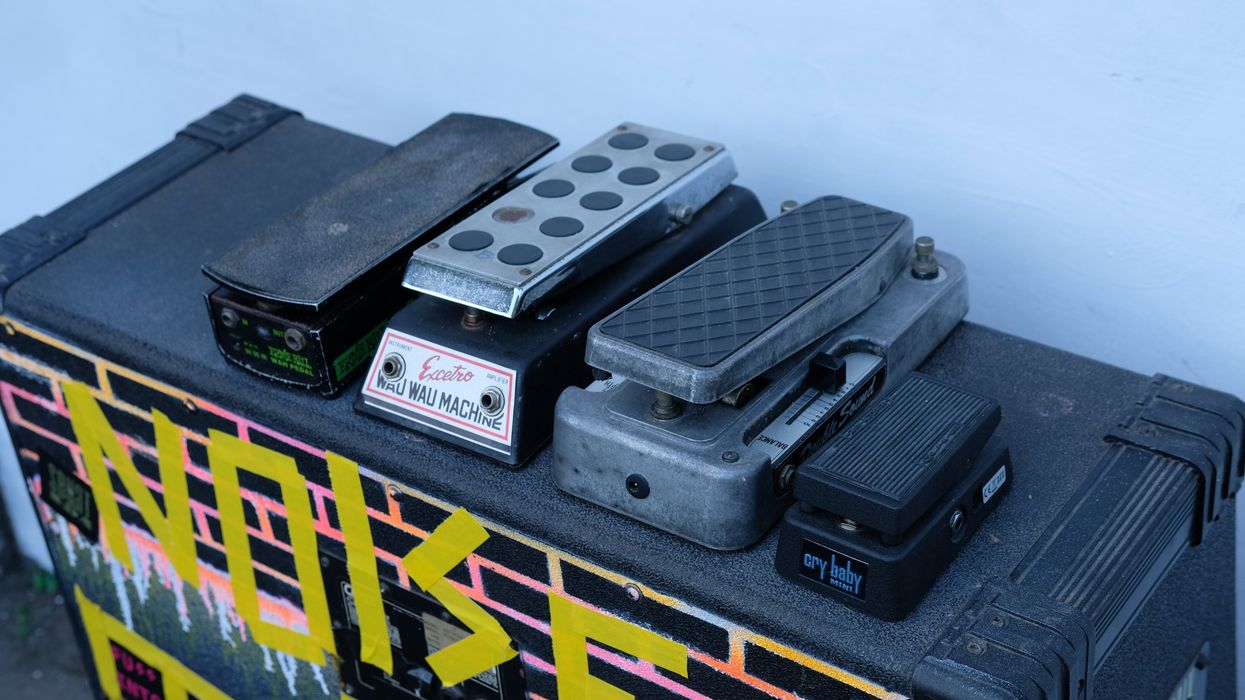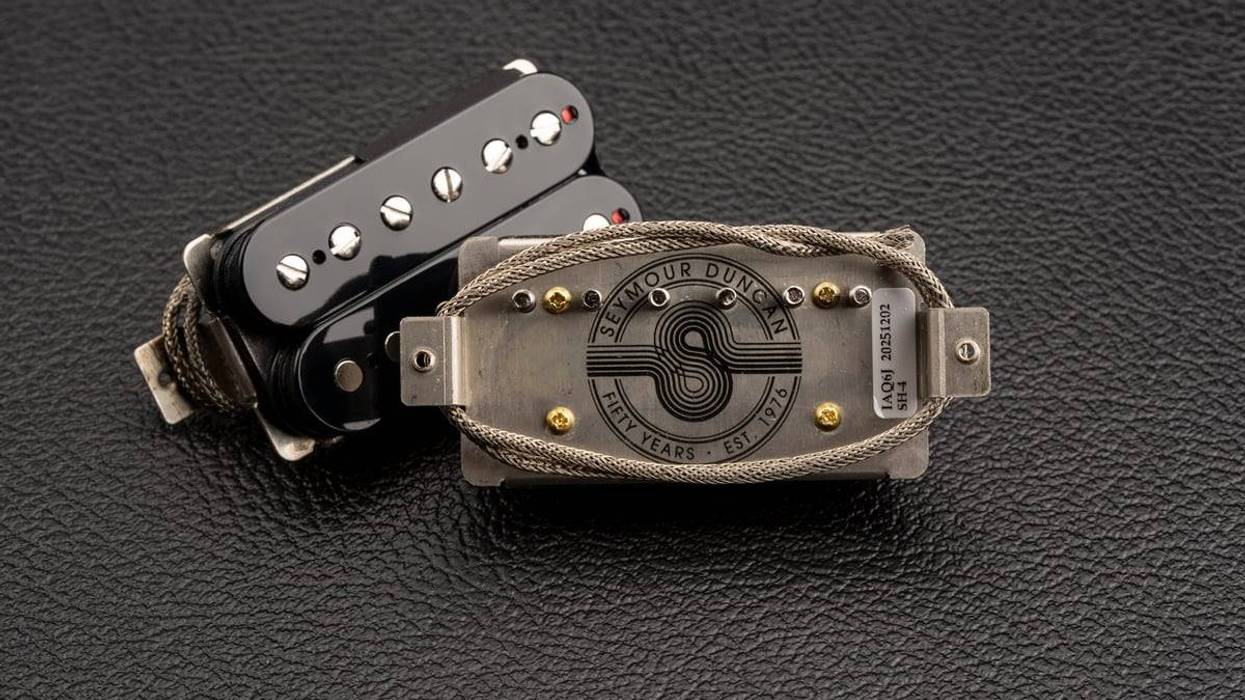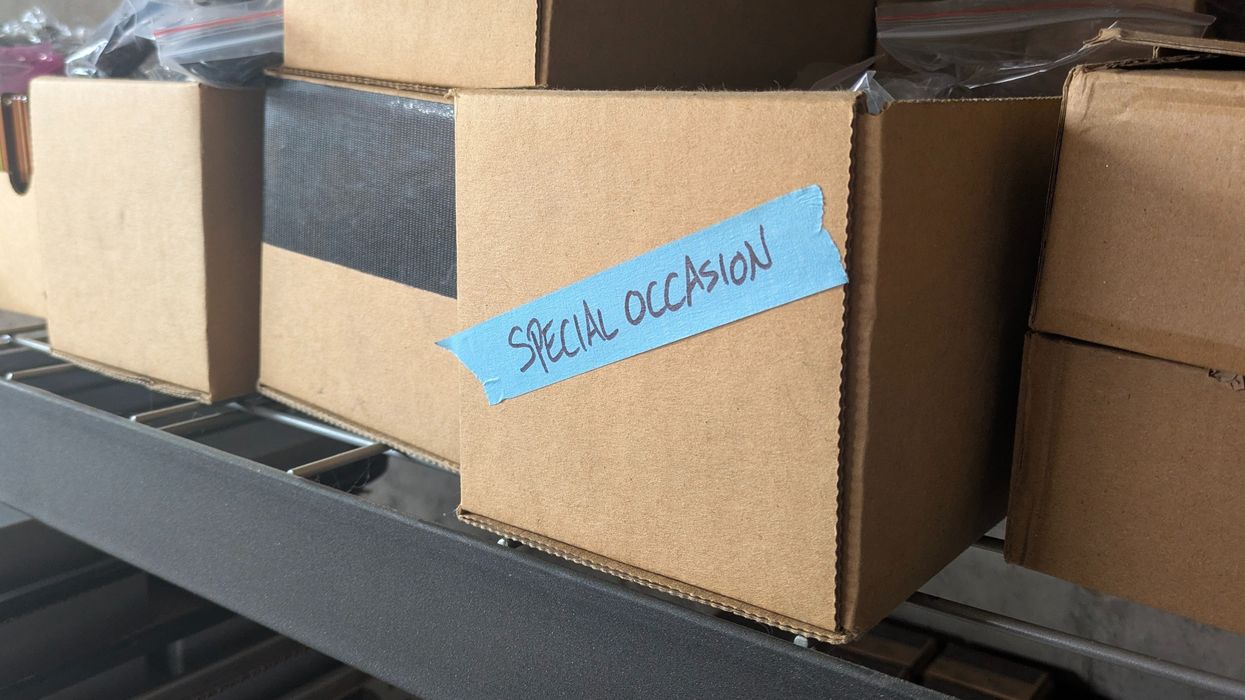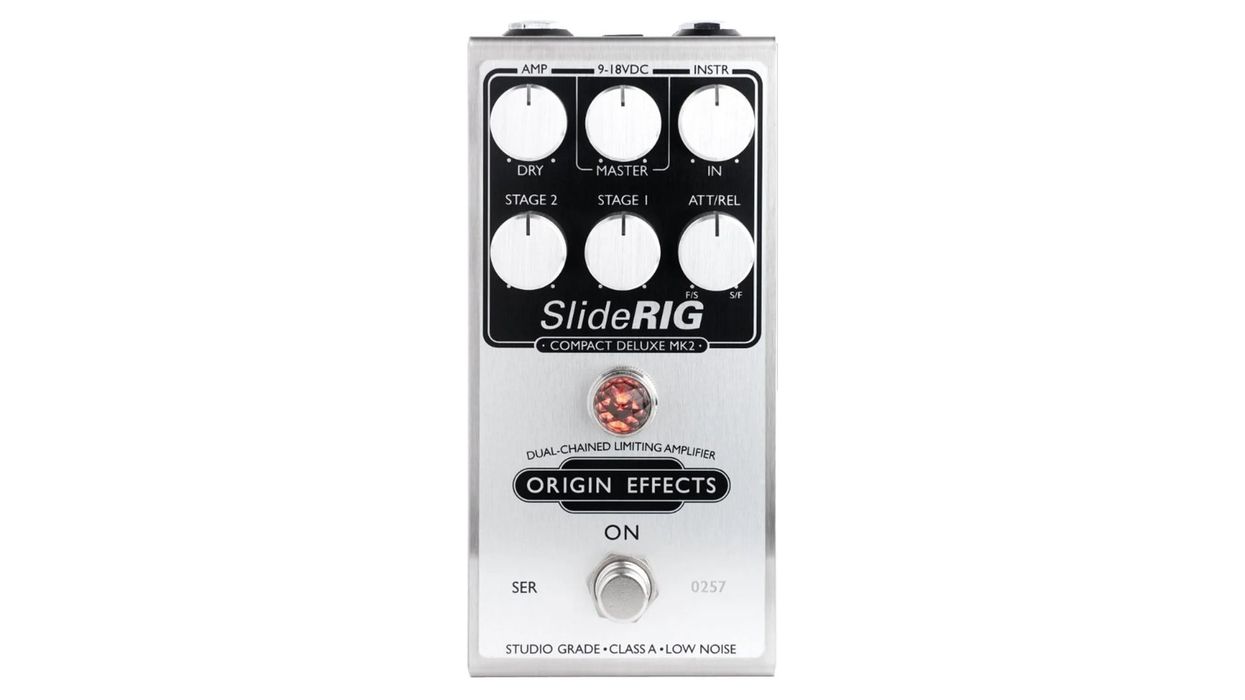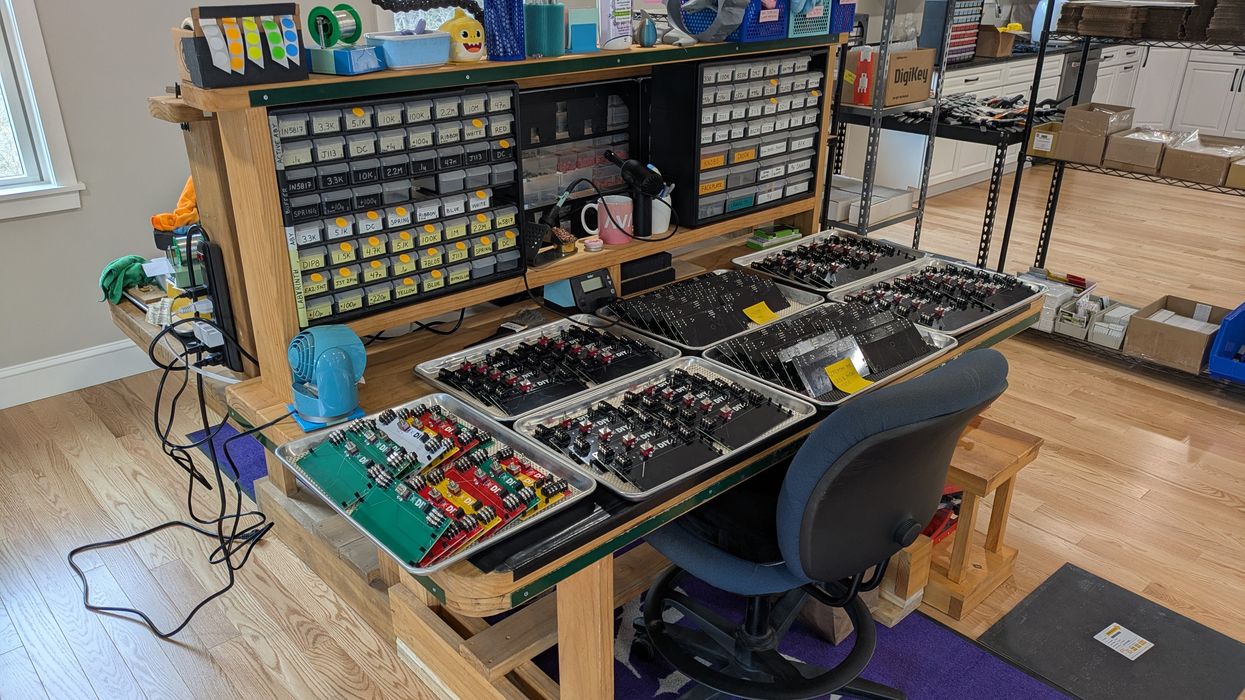I'm en route to the Canadian wilderness wasteland and have just finished up a week of life transitions and frantic last-minute project finalizations. Alas, Summer NAMM is coming up. Quickly. Too quick. And before jumping on a jet and hauling ass out of state, I managed to pull the reins in on the project closest to completion—what could possibly be our most normal pedal to date.
And yet, the sonic simplicity of it is something so different to me, it was a challenge to wrap my head around how a guitar player truly uses this effect: the infamous and highly desired delay—a repetition of note, signal, or effect with a variety of controls for the amount of repeats and the timing of the repeats.
It seems simple, but I've always been partial to reverb. It extends the note, creates a room for it, or literally creates the effect of it being contained in a room. It allows for mistakes. It makes playing feel human, as if it's right in front of you. I never got that with delay. And yet here we are, taking a swing at that which I never really grabbed hold of and discovering, in completely subjective fashion, why delay sometimes fits. And why sometimes reverb fits, instead of delay. Or why sometimes both are better together.
Controlling delay. Time and feedback are the main fixtures of most any delay effect. They control how long until the repeated signal starts repeating and how many times it will repeat. At the most basic, a delay adds no additional color to an instrument's voicing; it's simply what went through the pedal coming out again and again. Set the timing right and you've got the rhythm of the piece. Set it wrong and play against it, and you've got avant-garde experimentalism or noise. Or jazz. The timing is important, establishing the character and impact of a range of effects including slight chorus-like echo, slapback, or long, timed repeats reinforcing the rhythm and structure within the music. It determines what the delay effect is really contributing to the playing.
Then there's that delightful feedback control, with the option to create a loop or make endless repetitions or a quick stop, getting maybe just one repeat. To me—and here is where the subjectivity comes into play—delay feels more natural accenting a part, making it sound more than just itself, rather than merely repeating the same note over and over to fill out a sound. To fill out a sound—that's really reverb's job.
The vibe of 'verb. Creating the space. Creating the room. That's reverb's game. I've always perceived reverb as the sound itself, not necessarily an addition to spice up a plain guitar sound. At its most basic setting, a reverb effect creates the shape of a room. Rather than standing right in front of the amp, you're standing across an empty room and sound is cascading across different surfaces, bouncing and changing before it hits your ears. Reverb gives your guitar sound that space—that room in which to breathe. That's where you start. Then add some parameters. Throw a tone control in and you can darken or brighten up the reverb. Maybe there's a mix control allowing for a fully wet reverb signal—no original dry sound left, just the bouncing signal. Reverb takes on a character and meaning of its own. It is the sound, rather than an effect that accompanies the sound. This is what I naturally gravitate towards, which may be why we spend a lot of time in the reverb zone at Old Blood.
Overlap and cooperation. There's no true winner or loser here. It's about true subjectivity in service of creativity. I'm partial to reverb, but most times another player's use of delay will get my attention. Often I'll think, “Oh, they get it. How are they doing that?" But it stops there. Until now. Right now I'm diving in head first, trying to find out what works and what doesn't—what I truly enjoy about delay and what I don't. I have a feeling I'll be in this place for a while.




